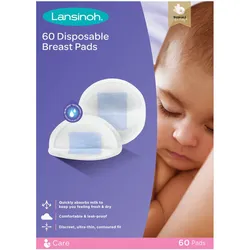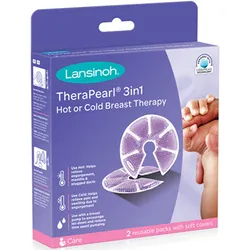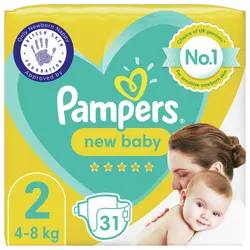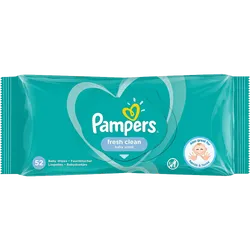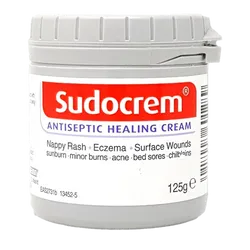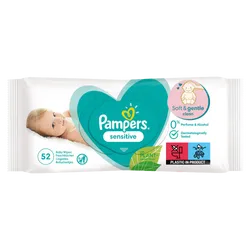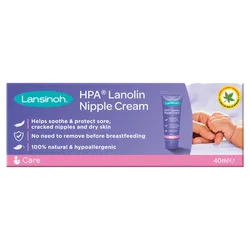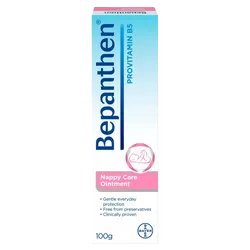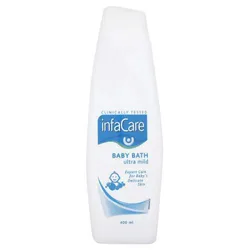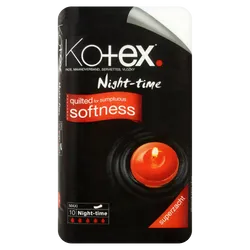Your baby will feel nothing but love when they’re wrapped in Pampers New Baby Nappies, Pampers' best comfort and protection. With Silky Softness, it’s so comfortable your baby will barely feel it. Featuring Magical Pods; absorbing channels that help distribute wetness evenly for Pampers best dryness.
Pampers' unique Absorb Away Layer pulls wetness & mess away from your baby’s delicate skin and the Wetness Indicator lets you know when your baby might need a change. The Navel-Friendly Shape protects your baby's delicate belly with a perfectly contoured fit.
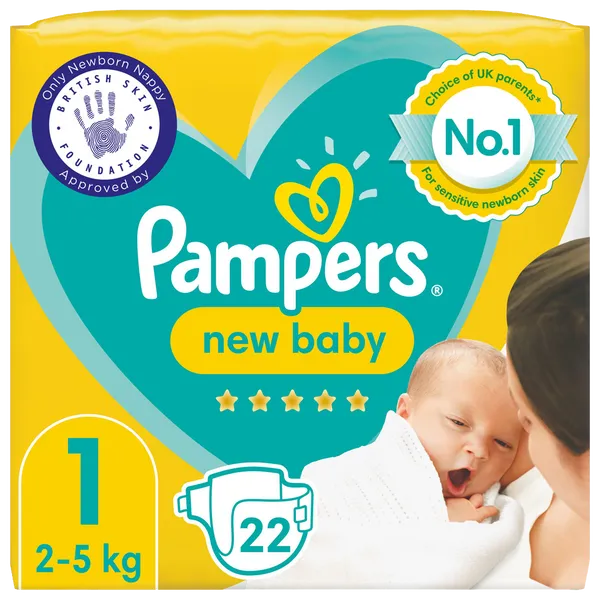
Pampers New Baby Pack of 22
Available for fast track dispatch. Delivery details
Description
Directions
When to Change a Nappy
In the first couple of months, you may find yourself changing nappies up to 10 times in 24 hours. Nappies should be changed whenever they are wet or soiled. Your baby will often (but not always) let you know. With a super-absorbent diaper like Pampers nappies, you can tell if it's wet by feeling for soft lumps in the absorbent material.
Here are some common times for changing nappies:
Right before or right after every feeding
After every bowel movement
Before bedtime
When your baby wakes up
When you go out with your baby
The Art of Changing nappies
Pampers nappies are designed to adjust to your baby's shape for a snug, comfortable fit. While changing nappies there's no need to fold the waistband in or out or to adjust the leg cuffs.
Place tabs parallel to the waistband and centered on the character strip.
Use the characters as guides to ensure the fasteners are evenly spaced.
Keep baby products such as powder away from the fasteners so they maintain their stickiness.
Wiping baby bottoms
All Pampers wipes clean gently and return the skin to its natural pH even after a wet change. Have a supply handy while changing nappies to help keep your baby clean and fresh.
For baby girls, while changing nappies always wipe from front to back to minimize the amount of stool material that gets near her genitals. Also, be careful to clean all areas, as the folds in the skin around her genitals can hide urine and soil.
Treating and preventing nappy rash
Red bumps on your baby's bottom may mean nappy rash. It can be caused by many factors, including leaving urine or bowel movement on the skin too long between changing nappies or even as a result of taking antibiotics. And when your baby starts solid foods, wait a few days between introducing each new food to see if the rash was caused by a particular food.
If your baby has nappy rash, clean the entire nappy area gently but thoroughly with a baby wipe. It is also helpful to allow air to reach the skin. Talk to your pediatrician or pharmacist if the rash does not improve.
Finding the right size
Just like you, babies like to wear things that fit just right. Choose a size that does not sag or gap, even as your baby crawls and plays. This will help prevent leaks. Each product description on this site gives guidelines that represent the average weight for a particular size. And remember, when you move up a size, you gain absorbency.
Weighing babies
The easiest way to weigh your baby is to first hop on the scale yourself. See how much you weigh, then see how much you weigh when you hold your baby. If you subtract your weight, you'll know how much your baby weighs.
Safe diapering
You buy the latest toys and babies wind up playing with silly things - like nappies. It's important to keep nappies where they should be, on your baby's bottom. Don't let your baby put the nappy in her mouth. Discard any nappy that has become torn or unsealed, and read the warning label on all bags.
Nappy gel facts
Absorbant Gel Material is the absorbent gelling material widely used in nappy padding to absorb wetness. You may see some gel on the skin from time to time, especially if the nappy is heavily saturated. It can easily be removed by wiping your baby's skin.
This material has a long history of safe use in a variety of products and has been in nappies for more than a decade. Absorbent gelling material is closely related to ingredients widely used in cosmetics, in food processing and as binders in medicine capsules.
Waste removal
As the Pampers bag recommends, you'll want to dispose of the bowel movements in the toilet. Then just roll the diaper into its backsheet, using the tape or fasteners to keep it closed, and dispose of it in your household rubbish.
Nappy storage
Store your nappies in an area protected from extreme heat and humidity and away from products with fragrances. We recommend the nappies be kept in a dry storage area where the temperature is 85 degrees or less.
Warnings
To avoid danger of suffocation and/or strangulation, keep all packaging material away from babies and children.
Ingredients
Petrolatum, Stearyl Alcohol, Paraffinum Liquidum, Aloe Barbadensis Leaf Extract.
Customer reviews
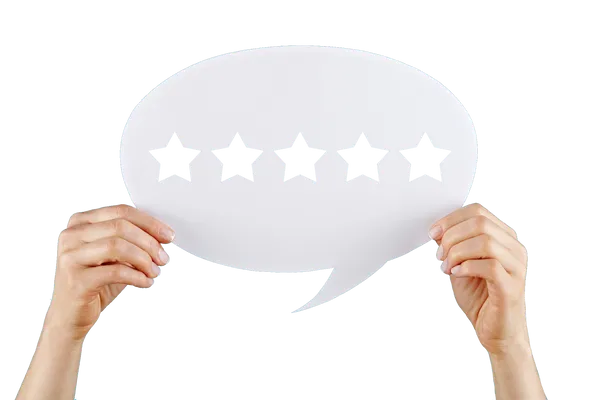
You may also like
-
Lansinoh Disposable Nursing Breast Pads Pack of 60 £4.89 save £1.60
-
Lansinoh TheraPearl 3-in-1 Hot or Cold Breast Therapy Pack of 2 £9.79 save £3.20
-
Pampers New Baby Mini Size 2 Pack of 31 £6.49 -
Sudocrem Antiseptic Cream 60g £3.69 save £0.80
-
Pampers Fresh Clean Baby Wipes Pack of 52 £1.09 save £0.11
-
Sudocrem Antiseptic Cream 125g £5.85 save £0.94
-
Pampers Baby Wipes Sensitive Pack of 52 £1.10 -
Lansinoh HPA Lanolin Cream 40ml £8.99 save £2.96
-
Bepanthen Nappy Rash Ointment 100g £8.29 save £1.60
-
Paracetamol Tablets 500mg Pack of 32 £0.79 -
Infacare Baby Bath 400ml £2.09 save £0.17
-
Kotex Maxi Towels Nightime Pack of 10 £1.99
